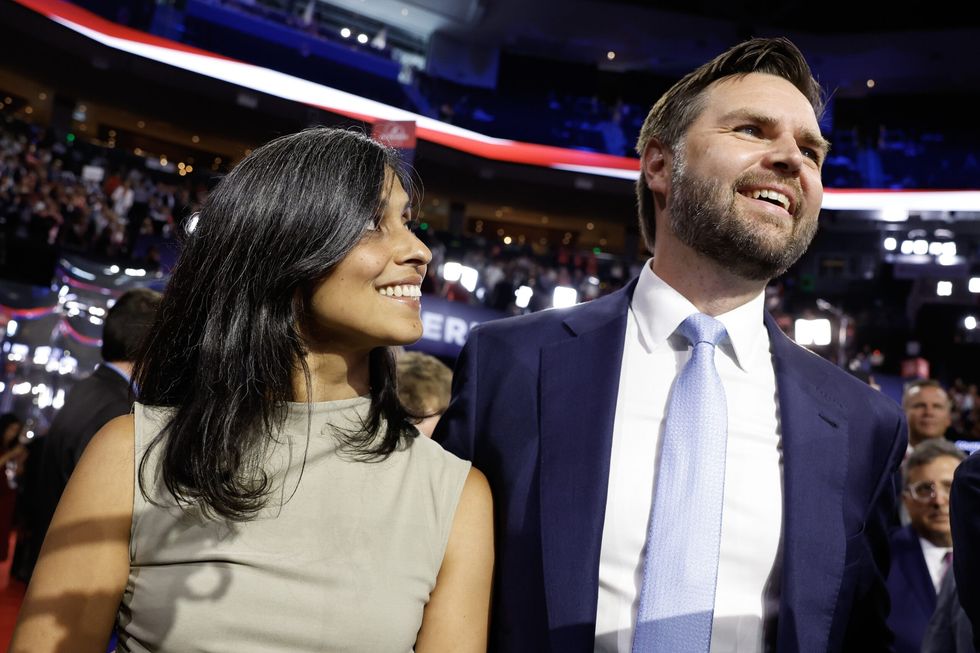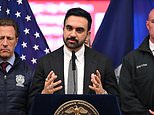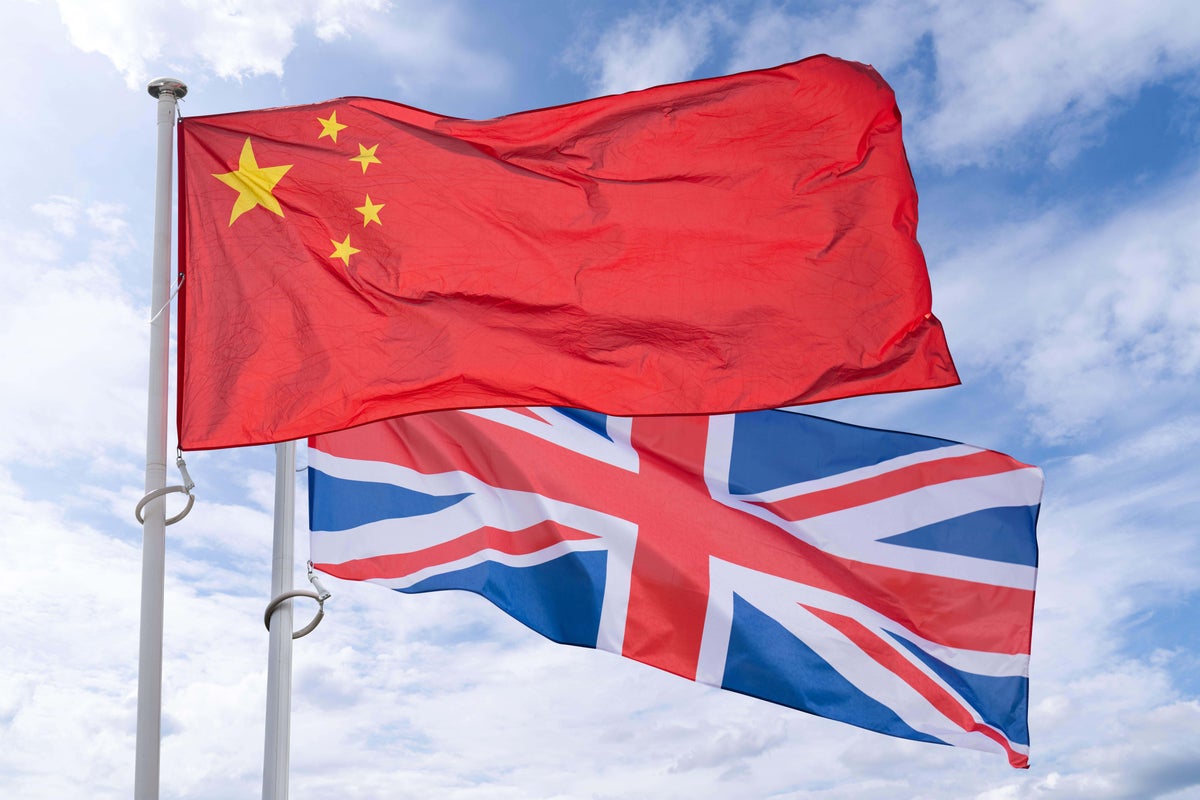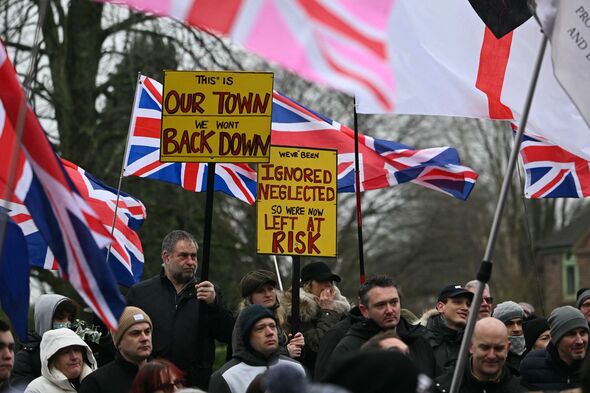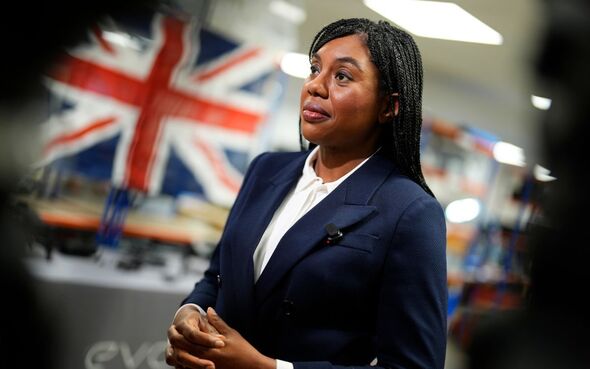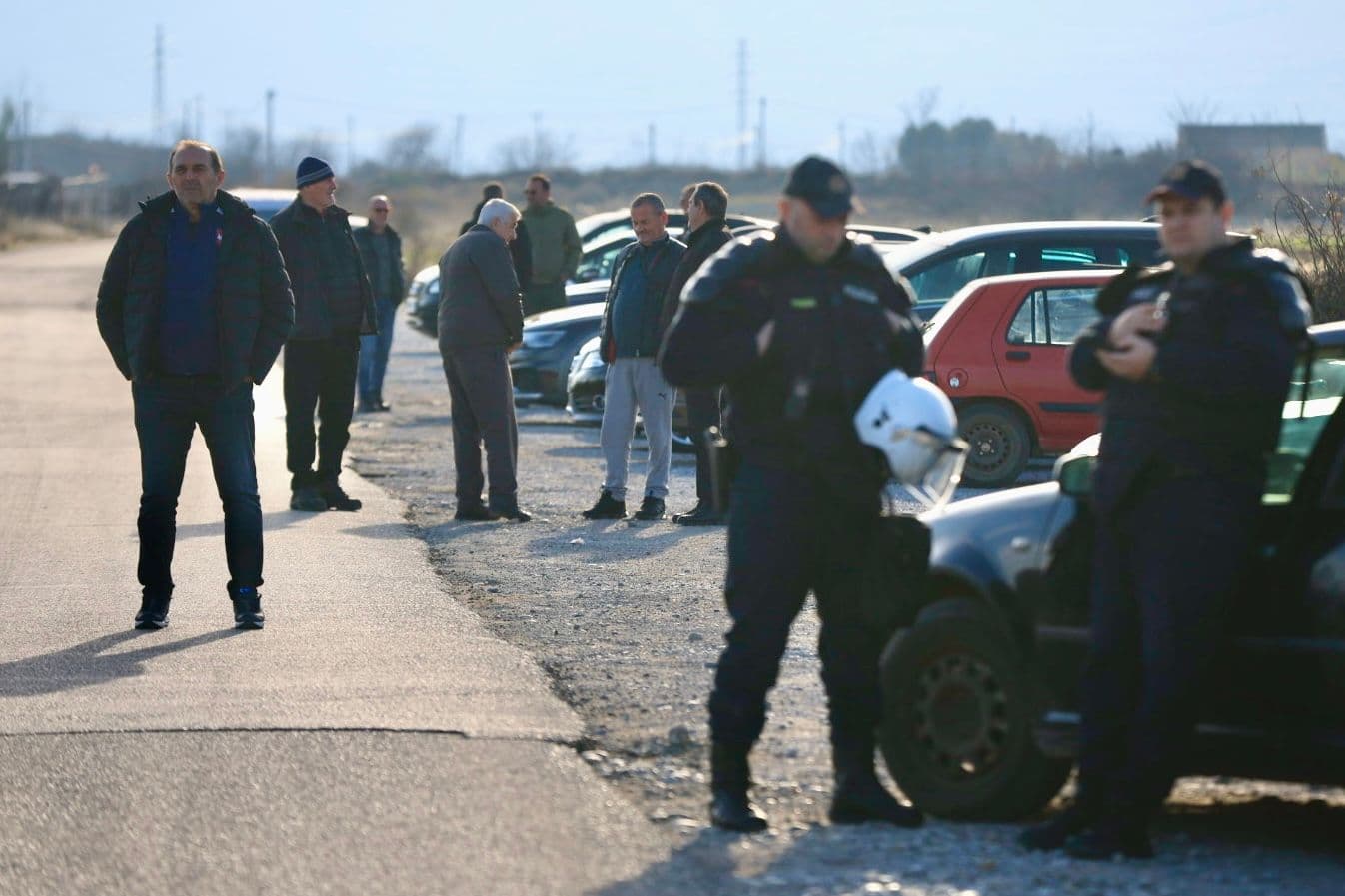U.S. Vice President J.D. Vance has publicly defended his recent comments expressing a hope that his wife, Usha Vance, who was raised Hindu, would convert to Christianity. During an event hosted by Turning Point USA at the University of Mississippi, Vance’s remarks sparked considerable debate, which he characterized as a reflection of “anti-Christian bigotry.”
Speaking at the event on October 18, 2023, Vance addressed the challenges of raising their three children in an interfaith household. He stated, “Do I hope eventually that she is somehow moved by the same thing that I was moved in by church? Yeah, I honestly do wish that.” He acknowledged the importance of free will in faith decisions, adding, “If she doesn’t, then God says everybody has free will, and so that doesn’t cause a problem for me.”
Following the backlash on social media, Vance took to the platform X to respond to critics. One user accused him of undermining the Second Lady’s beliefs to appease right-wing supporters. Vance retorted, “What a disgusting comment, and it’s hardly been the only one along these lines.” He clarified that while Usha does not plan to convert, he hopes “she may one day see things as I do.”
Usha Vance, born in San Diego to Indian immigrant parents, previously spoke about her upbringing, highlighting how their Hindu faith instilled strong values in her family. In an interview with Fox News in 2024, she noted that her parents’ beliefs helped them become “really good people.”
J.D. Vance has often shared insights into his upbringing, which he described in his memoir, Hillbilly Elegy. Raised as an evangelical Christian, he converted to Catholicism in 2019. The couple met while studying at Yale Law School and married in 2014. Since his conversion, Vance has frequently discussed how his faith influences his conservative political perspectives.
This incident highlights the complexities and challenges that arise in interfaith marriages, particularly when public figures navigate their personal beliefs alongside their political identities. Vance’s remarks, while defended as expressions of hope, have opened a dialogue on the intersection of religion, marriage, and political ideology in contemporary American society.

